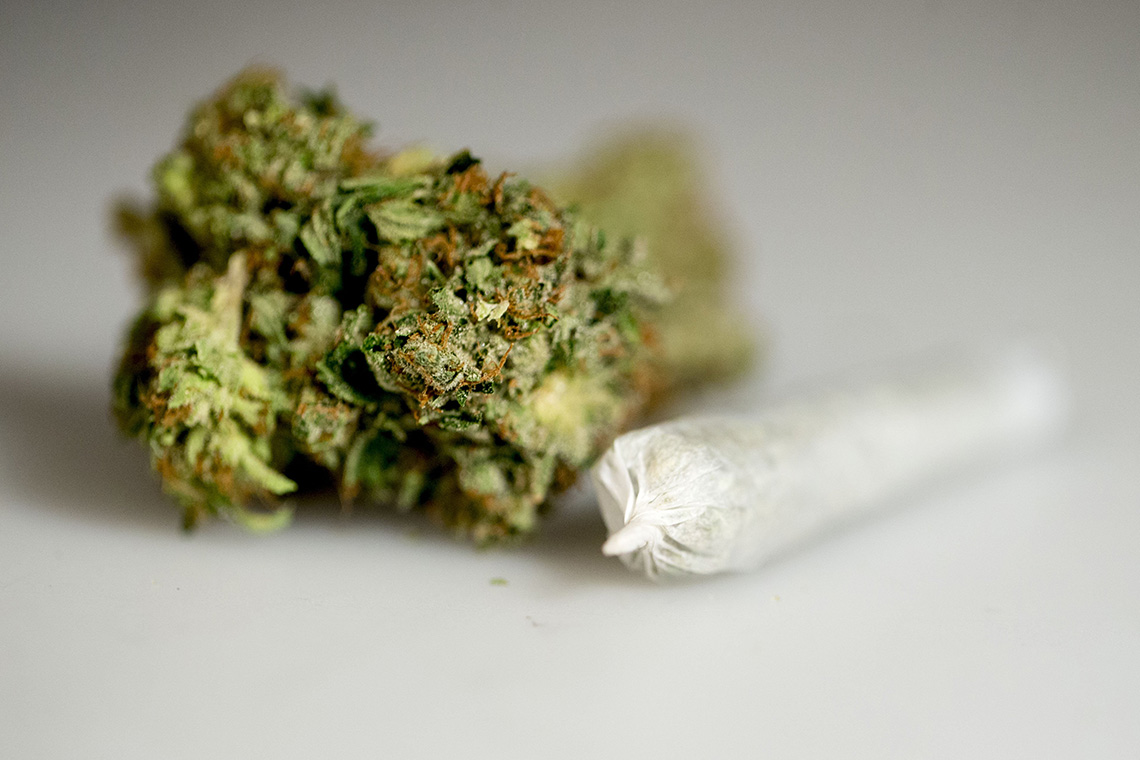With the legalization of cannabis in Canada, there has been a lot of discussion on the medicinal benefits and harmful effects of marijuana. When it comes to the general population of its users, this widely popular plant is used for a variety of reasons (and in a variety of forms) for medicinal purposes as well as recreational reasons. If you are interested in taking marijuana, for example, perhaps you are suffering with a certain pain then you could use something like CBD gummies to help you with the pain (you can check out cbd gummy reviews here). CBD can come in different forms from oils, edibles as well as other forms such as capsules and other supplements. There are also many places where you can buy and get information on the uses of CBD. If you are interested in finding top rated CBD capsules there are places for you to look.
What Exactly is Cannabis?
Simply put, cannabis is a plant. It is used to produce hemp fiber and as a psychotropic drug. In 2001, Canada became the first nation to legalize medical cannabis. Its use dates back to at least the third millennium BCE. Its also possible that hemp was one of the earliest plants to be cultivated, and, The United Nations’ World Drug Report stated that cannabis “was the world’s most widely produced, trafficked, and consumed drug in the world in 2010”, declaring that there were between 128 million and 238 million users globally in 2015.
What is Medicinal Cannabis?
Cannabis is called ‘medicinal’ when its used to treat a medical condition, of pharmaceutical quality, and under-governed regulation. Patients are able to obtain medical marijuana from any dispensary, but only if they hold a valid medical card. As the rules are tight when it comes to who qualifies for this product, it also makes sense for businesses to make it their priority to ensure their customers’ safety. One way this can be done is by providing them with the right information about their medicine, like the recommended dosage on the marijuana packaging. Although people will be using marijuana as a way of treating any ailments, they still need to know what they are consuming and how much they should take. This is important for all products on the market.
There are two components to marijuana; THC (Tetrahydrocannabinol) and CBD (Cannabidiol).
Traditionally THC is used to treat;
- Headaches
- Glaucoma
- Nausea from cancer chemotherapy
- Muscle spasms caused by Multiple Sclerosis
- Poor appetite from a medical condition such as HIV, nerve pain, or chronic illness
- Seizure disorders
- Chrons Disease
- And much more
Traditionally, CBD is used to treat:
- Pain relief
- Depression and anxiety
- Cancer-related symptoms such as nausea and/or vomiting
- Acne reduction
- Inflammation
- High blood pressure
- Substance abuse
- Diabetes
- And much more
Can Cannabis Cause Hair Loss?
Although the results haven’t been published just yet, researchers at the University of Amsterdam believe regular use of cannabis can lead to hair loss. The study was conducted on men and women, between the ages of 18 and 60, who are regular users both for medicinal and recreational reasons.
For most of us, dramatic changes in our health can be reflected in our hair, skin, and nails. Studies have long suggested that cannabis can change the hormonal systems that exist within males and females. One side effect to a hormonal imbalance can be hair loss, acne, weight changes, or mood swings. The general toxicity found in some smoking products have also been linked to hair loss. Carcinogens have always been shown to slow down cell proliferation in hair follicles, which can result in large-scale or rapid hair loss, as the follicles prematurely enter the resting phase of their life cycle.
Additionally, and according to a separate study, cannabis and its use might affect food and liquid intake behavior by the body. This includes taste preference as well as body weight. Nutritional changes and metabolic alterations can also develop from regular pot use. When someone is facing nutritional deficiencies it can contribute to increased hair loss, as the hair shafts weaken, which can cause breakage to the hair and result in slower regrowth.
Although there are many causes of hair loss in both men and women, it’s important to remember and acknowledge that these studies exist. If you’re facing rapid or sudden on-set hair loss be sure to see your family doctor before seeking out any hair restoration procedures.




